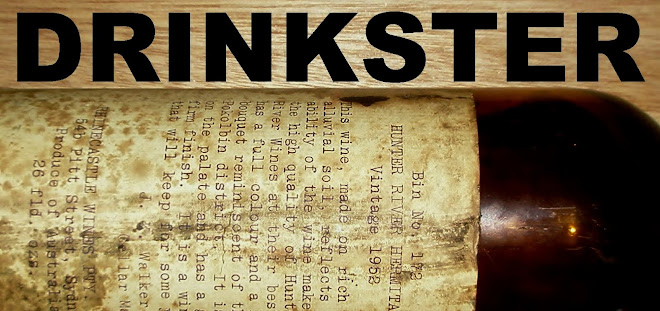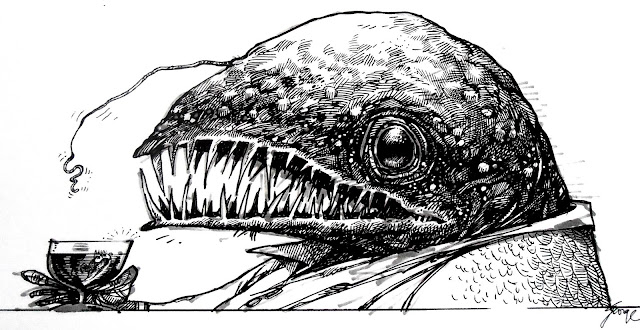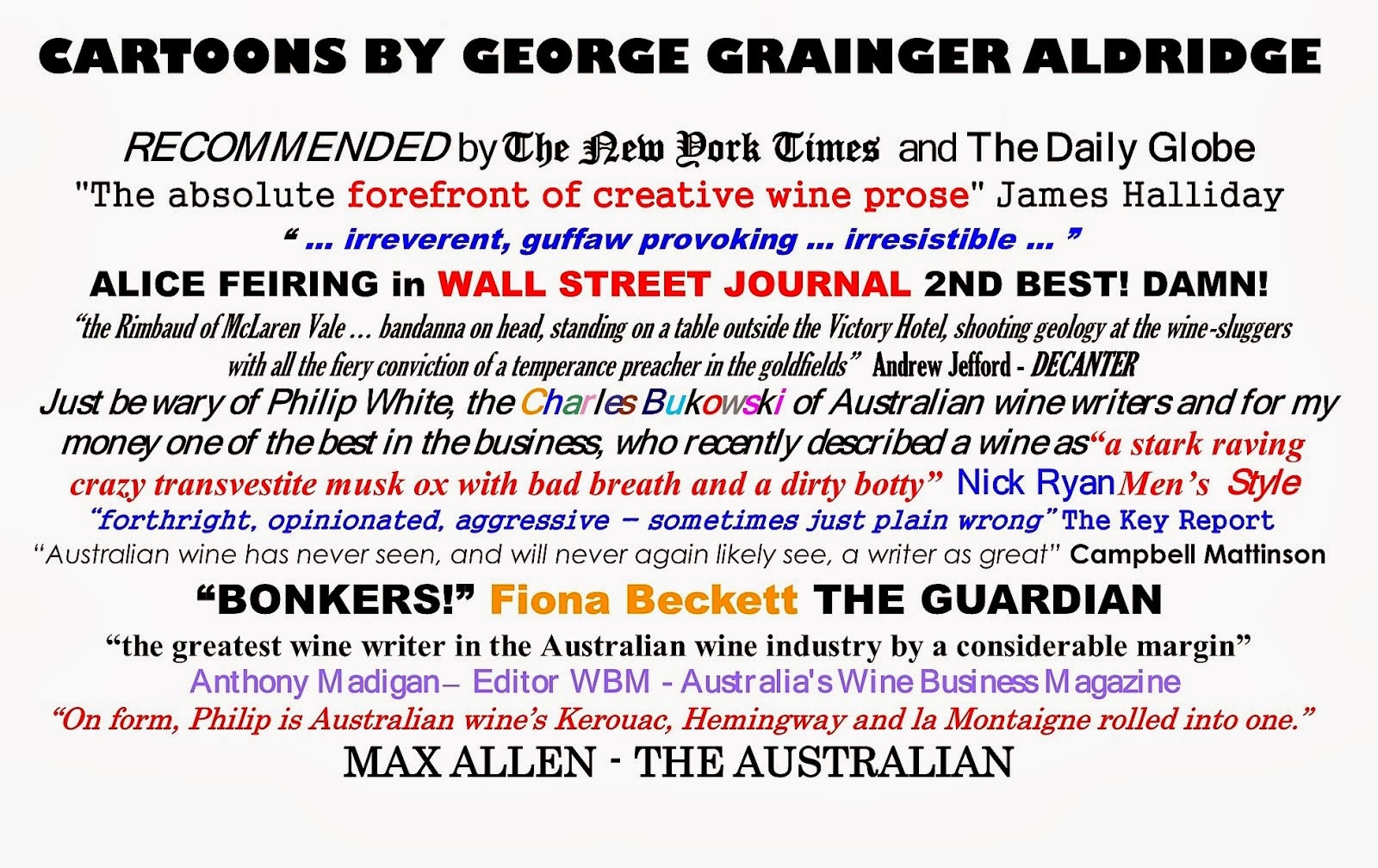Tuesday 31 January, 2012
CHANGES TO EXPORT APPROVAL
AFTER INDUSTRY REVIEW
Australia is changing its approach to wine export approval, replacing mandatory pre-export testing of all wines with a more rigorous auditing presence.
The changes follow a detailed review and industry consultation by Wine Australia (formerly the Australian Wine & Brandy Corporation), the Government statutory authority responsible for wine export compliance and regulation.
Effective immediately, exporters do not need to submit each wine and wine label for approval, unless requested to do so. However, they must be licensed, comply with Australia’s stringent health and safety requirements, be subject to audit, and provide wine for comprehensive testing as required.
The auditing process will be expanded, with investment in additional audit roles providing far greater and more regular coverage of producers. Auditors will visit several hundred wineries each year to inspect winery records, examine labels and collect samples of exported wines.

“We believe this is a progressive move that will enhance our export control system,” said Wine Australia’s Chief Executive, Andrew Cheesman (pictured).
“The standards required for Australian wines have not changed, nor have the laws and regulations underpinning the quality and integrity of Australian wine, but our approach to administering these standards will move from reliance on pre-export product inspections to a risk-based approach.”
Mr Cheesman said the system’s evolution was possible because industry needs had changed.
“When the current export controls were first introduced four decades ago, Australian table wine was hardly known overseas and there was a risk that even one faulty wine could hurt our reputation,” he said.
“Today we are an established and respected global producer and the market leader in some countries. We have a strong culture of compliance and our risk profile has changed considerably.
“Our winemakers understand the need to maintain quality, as evidenced by the fact that less than a third of 1% of the 15,000 wines tested each year were not approved for export.”
The new system will be fully implemented over the next 12 months, with the support of the industry’s representative body, the Winemakers’ Federation of Australia. All existing export licences remain current.
The current fee structure will be retained until 30 June 2012 as Wine Australia’s compliance function operates on a cost recovery basis and its costs remain fixed in the short term. It will then be reviewed in line with the new Compliance structure and operations. However, the new system will ultimately lead to cost savings for many exporters.
There will also be an increased emphasis on ensuring winemakers and exporters understand the requirements of Australia and the countries to which they are exporting.
“Our compliance approach will ensure producers and exporters have the information, advice and tools they need in order to meet the demands of the international regulatory environment,” Mr Cheesman said.
“We see that as our role in the modern, global industry. The market place and consumers should be the arbiter of wine quality. Regulators need to ensure that an industry’s standards are appropriate and that producers are assisted to meet them.”
Under the new system, wine exporters will be required to:
• Comply with all existing laws in Australia (including the Wine Australia Corporation Act/Regulations and the Australia New Zealand Food Standards Code) and destination markets
• Maintain an export licence with Wine Australia
• Register all export products in line with current procedures (other than the mandatory testing)
• Submit a shipping application for each consignment
• Ensure offshore packaging facilities operate in accordance with an independently audited safety management plan
• Provide samples of wine and labels for analytical and other testing on request. This assessment can include sensory evaluation by a wine inspection panel.
Notes for editors:
• Wine Australia is a statutory Government organisation established to provide strategic support to the Australian wine sector. Its mission is to enhance the operating environment for the benefit of the Australian wine industry by providing the leading role in market development; knowledge development; compliance; and trade.
• A+ Australian Wine is the consumer-facing brand which aims to reposition the Australian category via image, price and representation.














11 comments:
So, no tasters, more bureaucrats. Why would they think the latter will be any better at their work than the former?
They obviously think will free up access to China! China can drink the 2011s!
Beautiful. This removes anonimity. People can dob in their rivals for auditing.
This is only to drain the crap Australians will wisely refuse to drink. Clear as day.
Here comes the Gestapo!
Less than a third of one percent of 15,000 wines were rejected. So, now we will have 50 more Australian wines exported that would never have been allowed before?!? 50 labels out there, evry year, damaging our reputation... although, with some of the mass produced swill that HAS been approved for export recently, one could only wonder how bad these 50 would have been to get rejected!
I know of several exquisite wines which were disallowed. Probly too vibrant.
This is a good blog. I appreciate the unique perspective of writing, thought. Thank you very much for the most interesting post in this nice.Very good for you.
Your blog are impressive to each other.I read your blog its very good and friendly, Help ful for all.
http://www.rawther.co.in/spice.html
RED CHILLI EXPORTER
Post a Comment